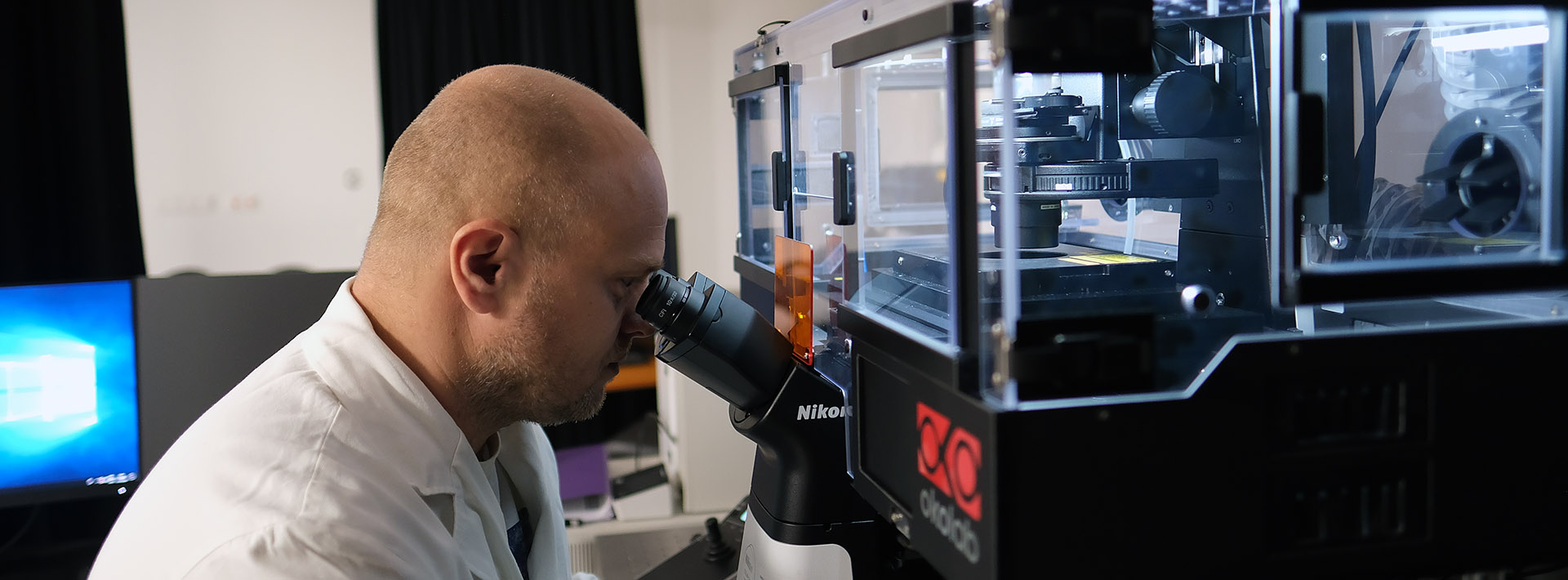Data
Official data in SubjectManager for the following academic year: 2024-2025
Course director
-
Sziládiné Fusz Katalin
assistant professor,
Institute of Physiology -
Number of hours/semester
lectures: 12 hours
practices: 0 hours
seminars: 0 hours
total of: 12 hours
Subject data
- Code of subject: OXF-CRE-h-T
- 1 kredit
- General Medicine
- Optional modul
- spring
-
Exam course:Course headcount limitations
min. 5 – max. 30
Available as Campus course for . Campus-karok: BTK ETK GYTK TTK
Topic
During the course, in addition to learning about the circadian system, we summarize how it is related to general health. We analyze the physiological and clinical aspects of the circadian rhythm (e.g. hormonal system, immune system, sleep, mental health, cardiovascular system and digestive system). During the course, we will discuss what diseases can be associated with circadian rhythm disorders, and we will also summarize the therapeutic options.
Lectures
- 1.
Biological rhythms. Anatomical and physiological aspects of the circadian rhythm
- Sziládiné Fusz Katalin - 2.
Circadian rhythm and the hormonal system
- Sziládiné Fusz Katalin - 3.
Circadian rhythm and sleep
- Sziládiné Fusz Katalin - 4.
Chronotype
- Sziládiné Fusz Katalin - 5.
Circadian rhythm disturbance during night duty and multi-shift work schedule
- Sziládiné Fusz Katalin - 6.
Diagnosis and treatment of sleep disorders, sleep hygiene rules
- Sziládiné Fusz Katalin - 7.
Neurological aspects of the circadian rhythm
- Sziládiné Fusz Katalin - 8.
Psychiatric aspects of the circadian rhythm
- Sziládiné Fusz Katalin - 9.
Digestive aspects of the circadian rhythm
- Sziládiné Fusz Katalin - 10.
Cardiovascular aspects of the circadian rhythm
- Sziládiné Fusz Katalin - 11.
The circadian rhythm and the immune system
- Sziládiné Fusz Katalin - 12.
Oncological aspects of the circadian rhythm
- Sziládiné Fusz Katalin
Practices
Seminars
Reading material
Obligatory literature
Online note
Literature developed by the Department
Presentation diagrams are available in the course's Teams group.
Notes
Recommended literature
· Gnocchi, D., & Bruscalupi, G. (2017). Circadian Rhythms and Hormonal Homeostasis: Pathophysiological Implications. Biology, 6(1), 10.
· Roenneberg T, Foster RG, Klerman EB. The circadian system, sleep, and the health/disease balance: a conceptual review. J Sleep Res. 2022;31(4):e13621.
· Neves AR, Albuquerque T, Quintela T, Costa D. Circadian rhythm and disease: Relationship, new insights, and future perspectives. J Cell Physiol. 2022;237(8):3239-3256.
· Xie Y, Tang Q, Chen G, Xie M, Yu S, Zhao J and Chen L (2019) New Insights Into the Circadian Rhythm and Its Related Diseases. Front. Physiol. 10:682.
Conditions for acceptance of the semester
writtem exam
Mid-term exams
written test
Making up for missed classes
oral exam
Exam topics/questions
1. Biological rhythms. Anatomical and physiological aspects of the circadian rhythm
2. Circadian rhythm and the hormonal system
3. Circadian rhythm and sleep
4. Chronotype
5. Circadian rhythm disturbance during night duty and multi-shift work schedule
6. Diagnosis and treatment of sleep disorders, sleep hygiene rules
7. Neurological aspects of the circadian rhythm
8. Psychiatric aspects of the circadian rhythm
9. Digestive aspects of the circadian rhythm
10. Cardiovascular aspects of the circadian rhythm
11. The circadian rhythm and the immune system
12. Oncological aspects of the circadian rhythm
